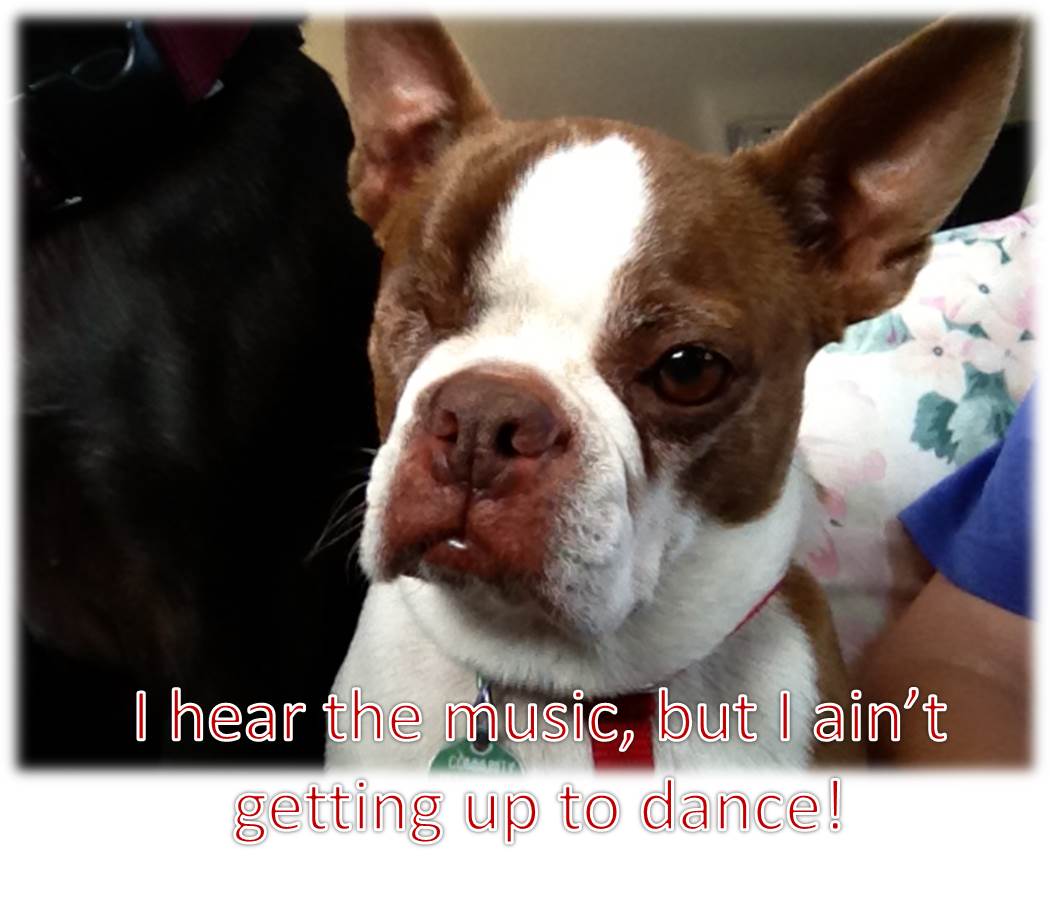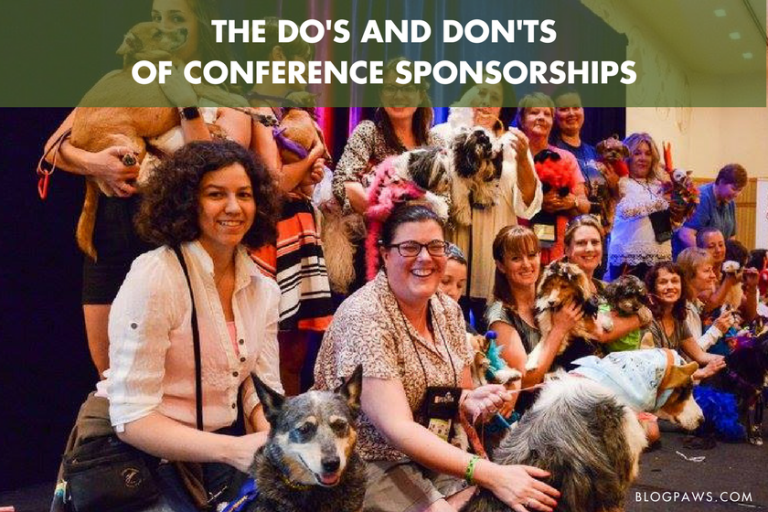Freelancing 101: What’s Your Business Story?
“Hi, my name is Robbi, and I have a pet blogging business.” I can hear the yawns already! Why? Because it’s boring and doesn’t tell a potential client, or an audience at a networking event anything about me, my business, who I truly am, how I can help and, more importantly, what about me and my story makes me qualified to help.
 Sure, I can stand up and talk about time and task management and time blocking for productivity. But then so could you and you and you. Right? What makes me the “expert” and makes me and my business unique is that my story about battling breast cancer and keeping my business afloat and having to find ways to work (cliche alert) smarter not harder give me a unique perspective from which to tell you how to gain control of your life and conquer your overwhelm.
Sure, I can stand up and talk about time and task management and time blocking for productivity. But then so could you and you and you. Right? What makes me the “expert” and makes me and my business unique is that my story about battling breast cancer and keeping my business afloat and having to find ways to work (cliche alert) smarter not harder give me a unique perspective from which to tell you how to gain control of your life and conquer your overwhelm.
Freelancing 101: What’s your business story?
I know. I know. I have sat with coaches and groups, and the facilitator or coach would ask, “What sets you apart from your competition?” This question used to freeze me in my tracks and I’d break into a cold sweat. I didn’t know. My “competition” blogged for clients, performed social media tasks, wrote newsletter content, prepared website updates, content strategies and compiled editorial calendars. What set me apart? That I had blue eyes? Red hair? Wore glasses? Ate the same breakfast every day? It was too much!
You’d think it’s an easy question, right? What sets you apart from the pack? Well, if you and your pack run in the same circles, take the same online training and take the same certification courses, how are you different?
Do you set yourself apart on price? “I’m the cheapest social media manager on the market today.” Ick. Am I right? If you’re selling yourself and your business on price only and on the cheapest price at that, how will you make a living? What will you use to keep your dog in clothes and snacks? How will you keep the electricity on and the Internet operational? You won’t. Also, if you’re selling yourself on “being the cheapest” your clients won’t value your work. Bottom line: Don’t have your business story be that you’re the lowest price in town.
How can you craft your business story?
Your business story should be part of your business plan. Take some time and answer these questions:
- What is your niche? Do you blog about poodles because you are owned by poodles? Do you blog about time management because you’re well-versed in getting your life, your time and your tasks in order? Do you blog about kittens, ferrets, hamsters, reptiles or fish because they are your passion? That’s part of your business story. “Hi, I’m Jane Doe and I work with small business owners that focus on aquarium health, sales and maintenance.” Viola — you’re on your way to your unique business story.
- Who don’t you want to work with? If you have a particular breed you don’t want to write about, you need to know that. You don’t need to shout it to the world, but it should be part of your business plan. If there is a particular industry about which you have no interest, then don’t look for clients in that niche.
- What do you think makes you unique? It could be your sense of humor. You may have a health issue like I did that forced you to rethink your business processes. You could have background career history that sets you apart. I used to work with a woman who was a former NASA scientist who opened an accounting firm. She had a great story of her NASA time and it certainly gives her a unique business story to share. You don’t have to have been a fighter pilot or having run with the bulls to have an interesting business story, but look to your life to see what sets you apart.
- Don’t compare yourself to your competition. While there are certainly business owners whose success you want to emulate, but remember you are unique. Unless you and your competition grew up in the same home environment, went to the same schools and live the same lives right now, you are different even though you may both, “blog for clients and perform social media tasks” your method of work will be different.
- Does the name of your business indicate your unique business story? What is your blog URL? What is your business name? How did you pick that? There’s bound to be a story behind it, right? I’m working on a project called #TheOrganizedWriter… see the story behind that name? Chances are you didn’t just wake up and pluck a name from thin air; you put thought into both the name and the blog design and your logo, right? Weave your story around that when you’re standing up to give your elevator pitch at the next networking event you attend.
Take some time, before you pick up the phone to connect with a potential client or attend your next networking event or show up at BlogPaws 2017 to craft your business story. Need help? Drop me a line!
Robbi Hess is an award-winning author, full-time writer and time-management guru. She works with bloggers and solopreneurs and blogs at All Words Matter.
Images: Budimir Jevtic/Shutterstock.com and Africa Studio/Shutterstock.com





